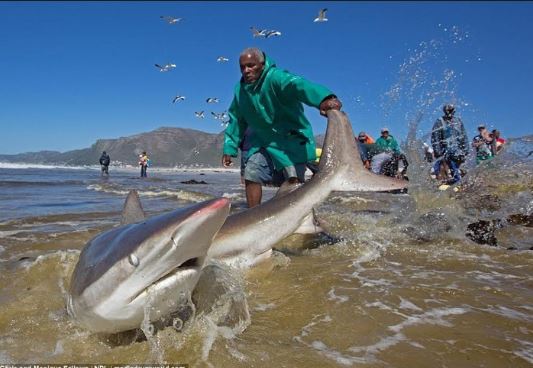Hot Stories
Recent Stories
Nigeria's Annual Fish Import Bill Stands At $800m
Posted by George on Thu 04th Oct, 2018 - tori.ngDespite the abundance of water in Nigeria, not much is earned from the aquatic sector of the nation's economy.

File Photo
One of the major factors working against the growth of the fisheries segment of the economy in Nigeria has been identified by analysts at FBNQuest Capital.
Despite the abundance of water in Nigeria, not much is earned from the aquatic sector of the nation’s economy.
Aquaculture has remained an integral part of Nigeria’s agriculture sector, with annual fish demand estimated at 3.3 million metric tons (mmt).
According to FBNQuest Capital, over the past three years, domestic fish supply has risen to 1.2mmt, which is attributed to increased government intervention.
Quoting industry sources in its daily Good Morning Nigeria report, the firm said Nigeria’s annual fish import bill is estimated to be around $800 million.
It said however, the fisheries segment continues to suffer from poor access to credit and based on the credit extension data for Q2 2018 released by the National Bureau of Statistics (NBS), agriculture received just 3.5 percent of total credit allocation.
The report noted that based on the national accounts for Q2 2018, fisheries contracted by -1.3 percent y/y, compared with a growth of 4.2 percent recorded in the previous quarter, accounting for 2.1 percent of total agricultural GDP in Q2.
“We note that Nigeria’s per capita fish consumption is 13kg, significantly lower than the global average of 21kg.
“Data from the CBN show that artisanal production accounted for around 76.7 percent of the 1.06 million tonnes of fish produced in 2017,” the report stated.
In addition, it said industrial (trawling) fish farming accounted for only 7 percent of the total, indicating that commercial fisheries segment is still largely untapped.
“The harsh business environment has slowed fishing activity; the cost of trawling has more than doubled over the past few years due to high operational costs,” it said.
FBNQuest Capital stressed that fisheries would benefit from increased financial intervention schemes if given attention by government.
The CBN has set up a few of these to support the sector and compensate for the poor supply from the banks but these have had modest impact on the segment.
Top Stories
Popular Stories
Stories from this Category
Recent Stories




















































